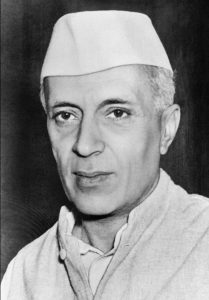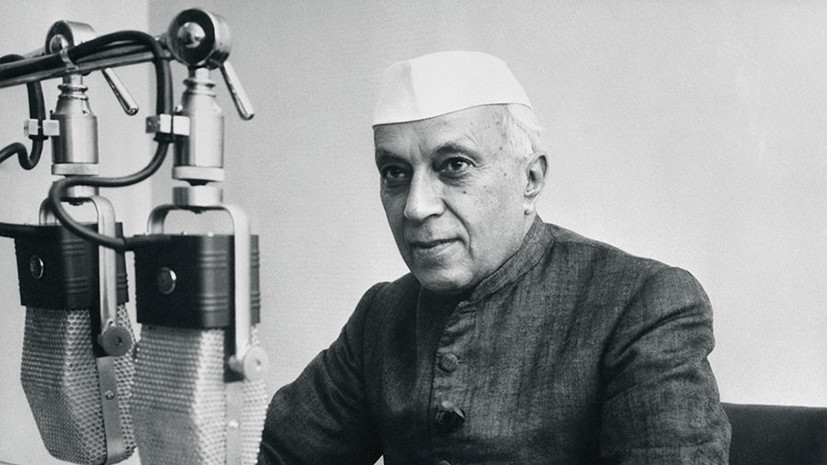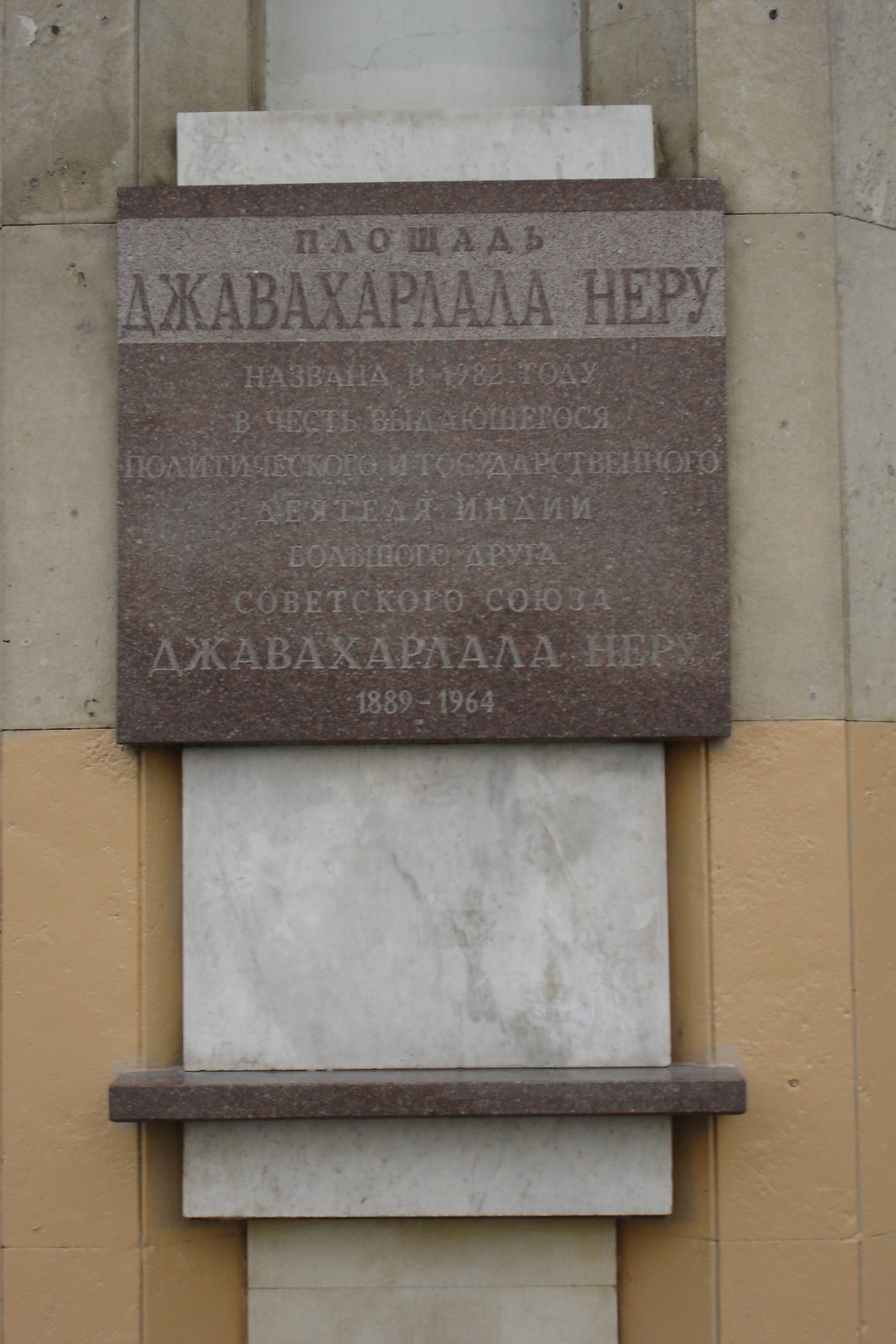Jawaharlal
Nehru
1889-1964

Jawaharlal Nehru was an Indian statesman, politician, and public figure—one of the most prominent political leaders of the 20th century. He led the left wing of India’s national liberation movement and, under the mentorship of Mahatma Gandhi, became President of the Indian National Congress. Following India’s independence on August 15, 1947, he became the country’s first Prime Minister. He was the father of Indira Gandhi and grandfather of Rajiv Gandhi, who later became India’s third and seventh Prime Ministers, respectively. As the first Prime Minister of independent India, Nehru played a key role in nation-building and in shaping the young state’s foreign policy. Born on November 14, 1889, in Allahabad into the family of prominent politician and lawyer Motilal Nehru, he received an elite education at Harrow School and Trinity College, University of Cambridge, where he studied natural sciences and law. Upon returning to India in 1912, Nehru followed the family tradition and joined the Indian National Congress (INC). A pivotal moment in his political development was meeting Mahatma Gandhi in 1916. Under Gandhi’s influence, Nehru shifted from moderate views to a more radical stance on independence. In the 1920s, he actively participated in civil disobedience campaigns and was repeatedly arrested by British authorities—spending over ten years in prison in total. Elected President of the INC in 1929, Nehru became one of the chief ideologists of the struggle for independence. He developed the concept of “Purna Swaraj” (complete self-rule), which the Congress officially adopted in 1930. During this period, he emerged as a proponent of socialist ideas, expressed in his writings, including his famous «Autobiography» (1936). After India’s independence was declared on August 15, 1947, Nehru headed the first government, serving simultaneously as Prime Minister and Foreign Minister. Under his leadership, India adopted a constitution in 1950 that enshrined the country’s secular and democratic nature. He launched an ambitious program of industrialization, initiated a system of Five-Year Economic Plans, carried out agrarian reform, and laid the foundations for India’s scientific and technological advancement, including the creation of the IITs and the atomic program. Nehru also developed and consistently pursued a policy of non-alignment. In 1961, he became one of the founding leaders of the Non-Aligned Movement. In 1954, together with Zhou Enlai, he formulated the Panchsheel—five principles of peaceful coexistence. He paid special attention to fostering relations with the USSR, which he saw as a counterbalance to Western influence. Jawaharlal Nehru left behind a rich literary legacy, including «An Autobiography» (1936), «The Discovery of India» (1944) and «Glimpses of World History» (written in prison in the 1930s). In Moscow, the name of this great Indian statesman and thinker is commemorated in a city square.
Address: Moscow, Jawaharlal Nehru Square

